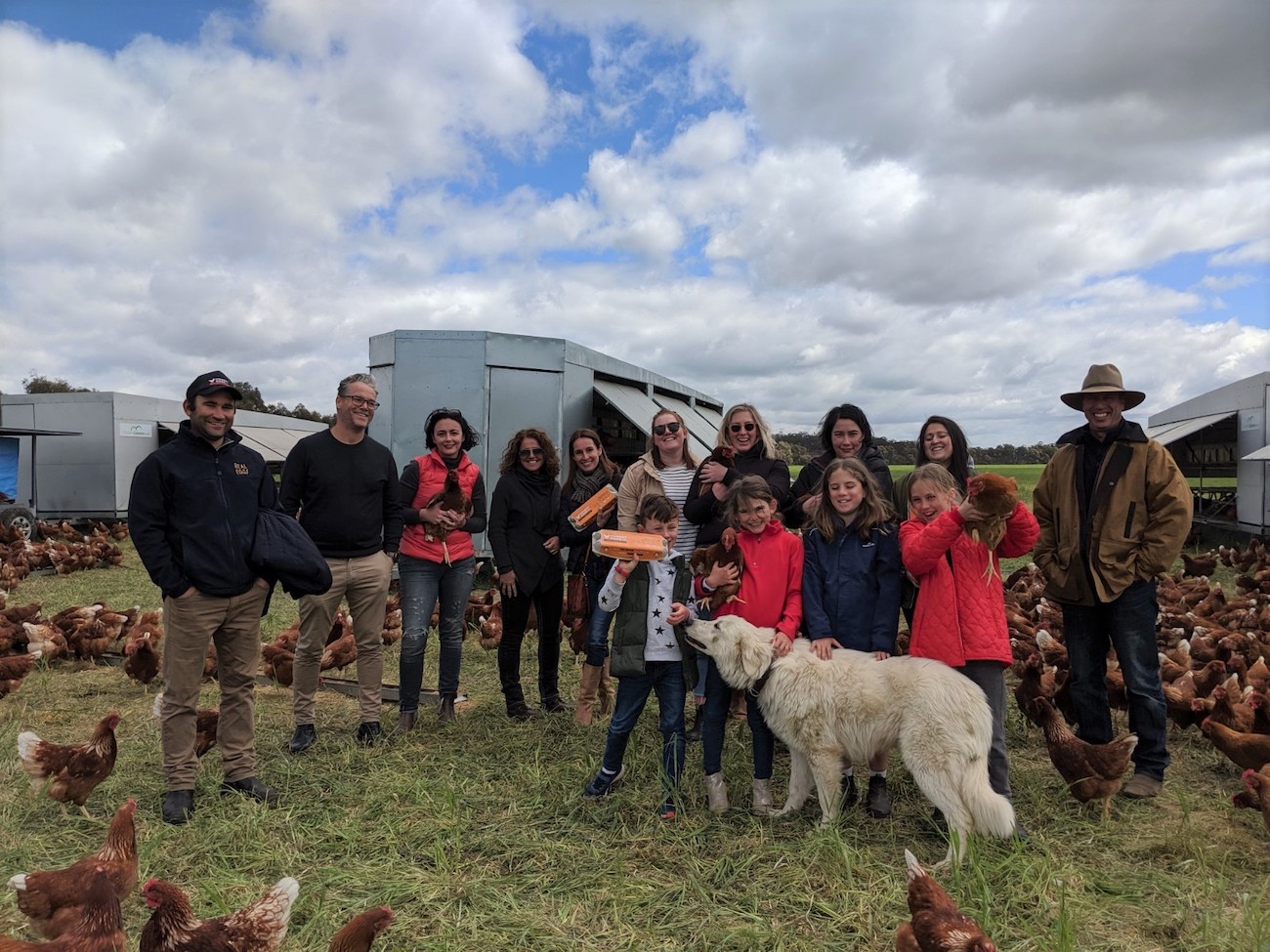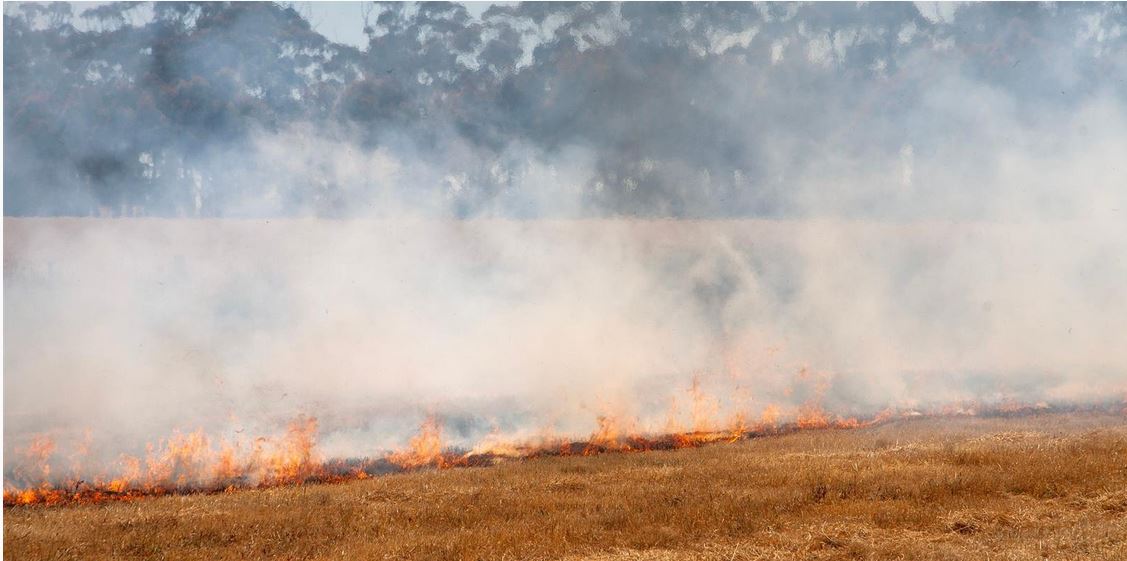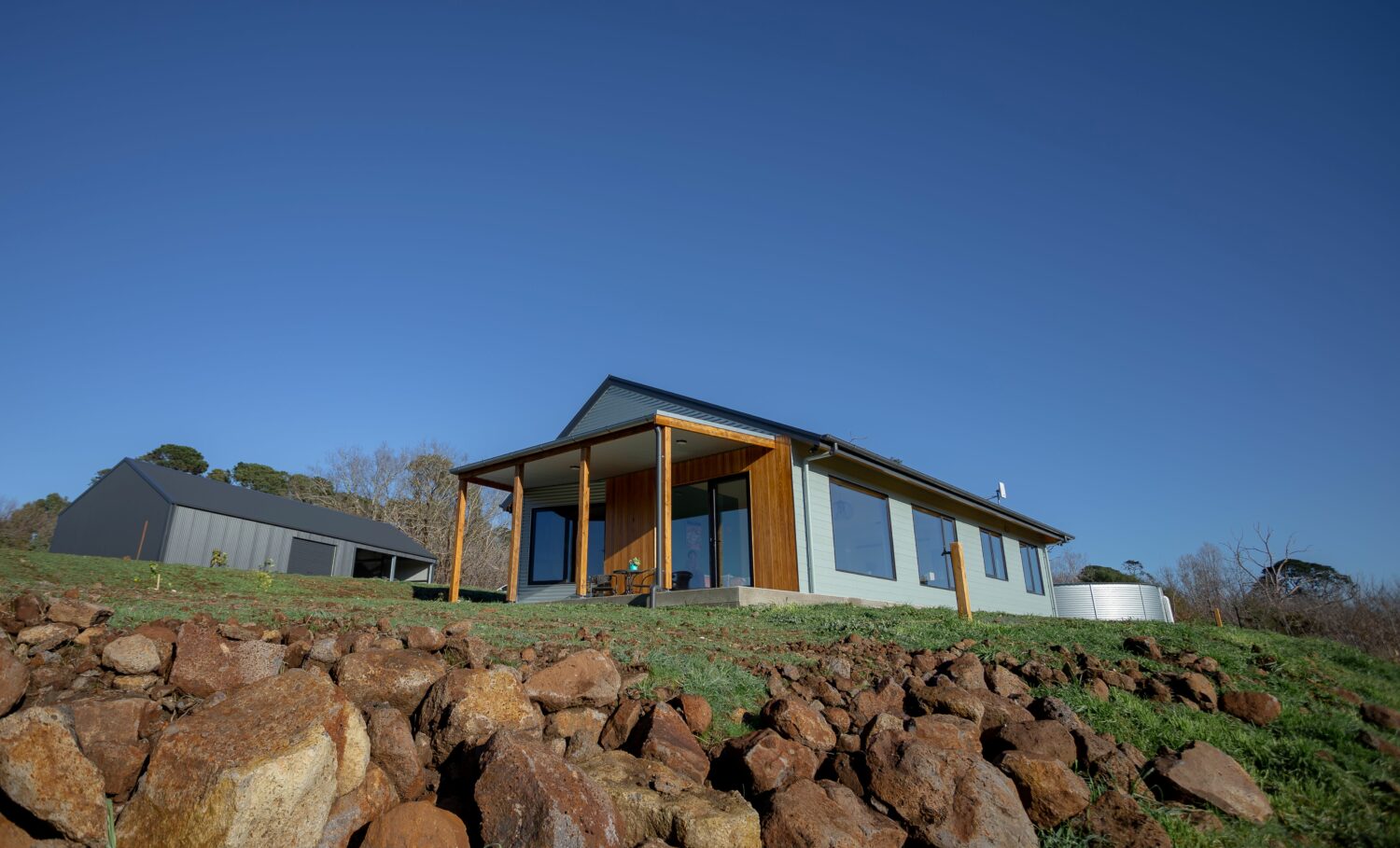December 24th, 2021Open range farming producing a honest egg
As far as a growing number of consumers are concerned, they just want to be pretty confident that the eggs for their breakfast omelette have come from a farm where the chooks are content. Paul Righetti is an expert on such matters. So much so he changed the name of his operation from Real Eggs to Honest Eggs and continues to reap the benefits. Even during lockdown.
“In 2018 we changed our name to Honest Eggs because we are very open about our practices and we like people to see how we farm. We are not hiding anything, and we like to be transparent. You don’t get that with industrialised operations including some so-called free range.”
Honest Eggs continues to be a family operation run by the Righetti family, one of the original Swiss families to settle here in the 1850s. Paul is the fourth generation to farm there along with his wife, Jacqui, and their two girls, Olivia and Eve. They live in the original stone homestead built by his great-grandfather.
Their main line of business is merino sheep, of which they have about 5000, but in 2015 they began their open range egg farming operation. “Part of the reason we started to do the eggs was a regenerative thing. The manure of the chooks fertilises the ground, they scratch it up, invigorate the soil and we were actually able to grow more grass with chooks than just with sheep. We still run the sheep but the chooks have made an excellent contribution to the health of the pastures and do not need any extra land to do it.”
What started as a side-line operation has doubled in size in 2020. They now have over 6000 ISA Brown hens producing eggs for wholesale and retail buyers and despite pandemic disruptions, the business continues to grow.
“It’s been an interesting period. Obviously, restaurants and cafes, which are about 30 percent of our business, evaporated overnight when they had to shut down. But our retail demand has been very strong and that has absorbed the losses in the wholesale sector. It was a clear trend before the pandemic as consumers became increasingly aware of the need for proper treatment of farm animals. But then lockdown meant even more people were cooking at home and wanting good produce to do that with.”
The egg farming setup consists of chooks distributed in several locations around their large property. The ISA Brown breed is chosen for its quiet temperament and ability to produce high-quality eggs. On the windy day we visited, in one spot, there were 900 or so gurgling birds huddled around their sheds or eggmobiles. A dutiful maremma dog and an alpaca keep watch over the flock to protect them from foxes and eagles, meaning they are not even locked up at night. With their practice of daily relocation, this amounts to a density of just 30 birds per hectare or less and distinguishes their enterprise from free range, which varies immensely in its stocking rates and practices.
“Free range can just mean you’ve got a shed and a dirt yard. They often don’t even go outside. The ones you buy at the supermarket can be up around 15,000 birds per hectare. It’s simply not regulated so a free-range label means little. In contrast open range is ethically sound, we are moving them onto fresh pasture every day so you don’t end up with any pathogens or build-ups of bacteria. Sunlight is also a great sanitiser and provides important amounts of vitamin D which makes up a large part of our eggs. 15,000 birds in a shed don’t get that sort of sunlight.”
As the lockdown restrictions are wound back, Paul is looking forward to the upcoming months. While he is dismayed at what has happened in the hospitality industry, he is hopeful the restaurants will bounce back quickly. But in the retail sector, now that buyers have been given a chance to get good produce you can cook at home for yourself, Paul is sure they will maintain the purchasing habits they’ve learned over the last months. And Honest Eggs is even optimistic enough to now move into the manufacture of pasta.
“We are doing the trials at the moment,” says Paul. “The idea came about when we were thinking of uses for our secondary products. Normally, if there’s a shell quality issue or something else with a batch of eggs we would have to pulp them. But now we have the equipment and are about to start distributing a real egg pasta, high quality, semolina flour, and our own honest eggs.”
Above, one of Honest Eggs’ farm tours
Words: Tony Sawrey | Image: Contributed










